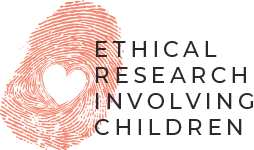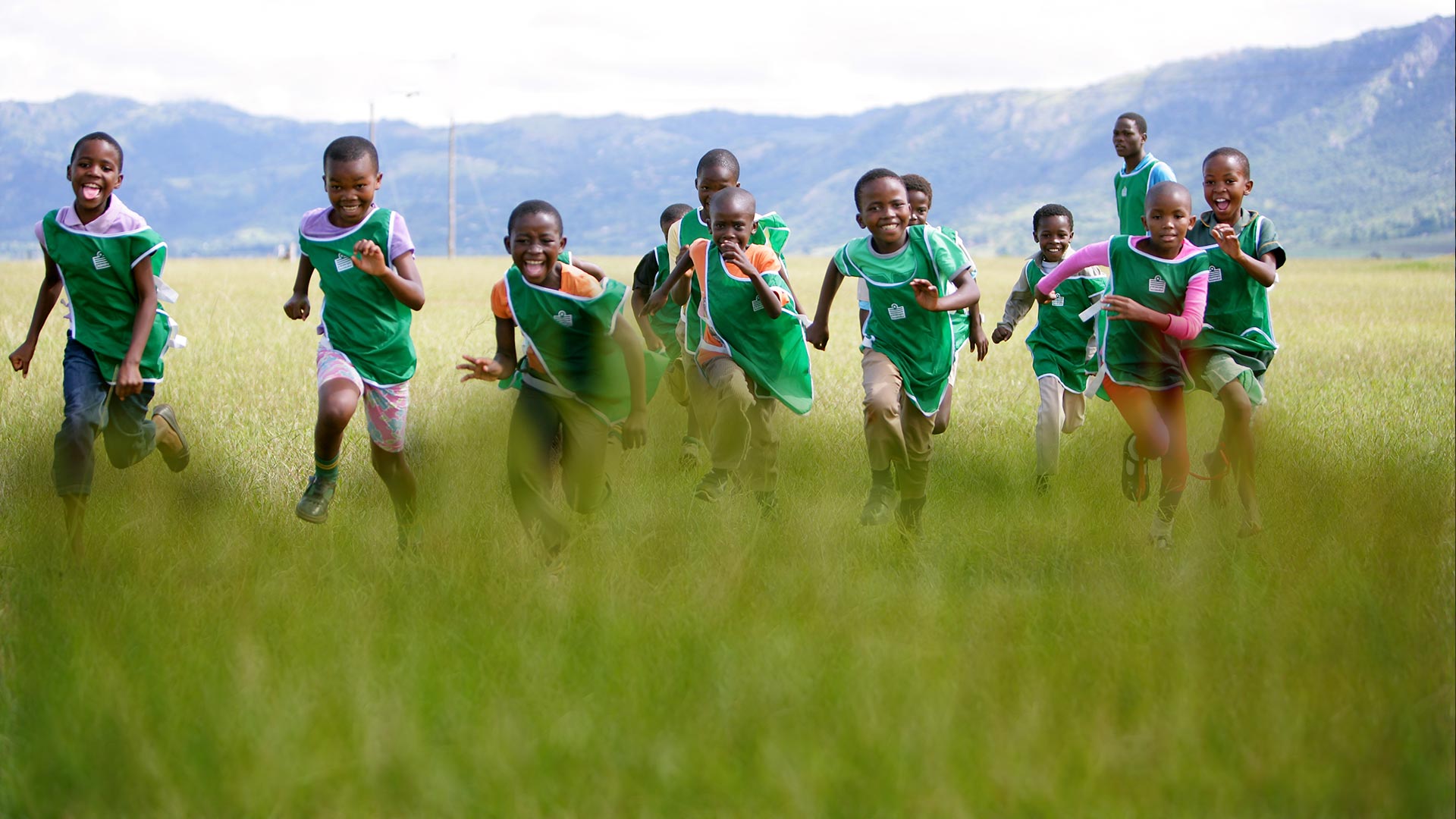Naked by the pool? Blurring the image? Ethical issues in the portrayal of young children in arts-based educational research.
Nutbrown, C. (2011). Naked by the pool? Blurring the image? Ethical issues in the portrayal of young children in arts-based educational research. Qualitative Inquiry, 17(1). pp. 3-14.
Hearing children’s voices: Methodological issues in conducting focus groups with children aged 7-11 years.
Morgan, M., Gibbs, S., Maxwell, K., & Britten, N. (2002). Hearing children's voices: Methodological issues in conducting focus groups with children aged 7-11 years. Qualitative Research, 2(1). pp. 5-20.
The geography of children: Some ethical and methodological considerations for project and dissertation work.
Matthews, H., Limb, M., & Taylor, M. (1998). The geography of children: Some ethical and methodological considerations for project and dissertation work. Journal of Geography in Higher Education, 22(3). pp. 311-324.
Beyond on or with: Questioning power dynamics and knowledge production in ‘child-oriented’ research methodology.
Hunleth, J. (2011). Beyond on or with: Questioning power dynamics and knowledge production in ‘child-oriented’ research methodology. Childhood, 18(1). pp. 81-93.
Children’s voices on ways of having a voice: Children’s and young people’s perspectives on methods used in research and consultation.
Hill, M. (2006). Children’s voices on ways of having a voice: Children’s and young people’s perspectives on methods used in research and consultation. Childhood, 13(1). pp. 69-89.
Research with children: Methodological issues and innovative techniques.
Fargas-Malet, M., McSherry, D., Larkin, E., &; Robinson, C. (2010). Research with children: Methodological issues and innovative techniques. Journal of Early Childhood Research, 8(2). pp. 175-192.
The key to the gatekeepers: Passive consent and other ethical issues surrounding the rights of children to speak on issues that concern them.
Carroll-Lind, J., Chapman, J. W., Gregory, J., & Maxwell, G. (2006). The key to the gatekeepers: Passive consent and other ethical issues surrounding the rights of children to speak on issues that concern them. Child Abuse & Neglect, 30(9). pp. 979-989.
For their own good: Recruiting children for research.
Campbell, A. (2008). For their own good: Recruiting children for research. Childhood, 15(1). pp. 30-49.
Interviewing with children in their homes: Putting ethical principles into practice and developing flexible techniques.
Bushin, N. (2007). Interviewing with children in their homes: Putting ethical principles into practice and developing flexible techniques. Children's Geographies, 5(3). pp. 235-251.
Never work with children? Methodological issues in children’s geographies.
Barker, J., & Weller, S. (2003). Never work with children? Methodological issues in children's geograhies (Geography of methodological issues in research with children). Qualitative Research, 3(2). pp. 207-227.


